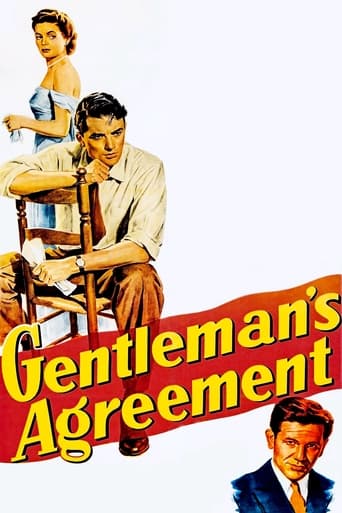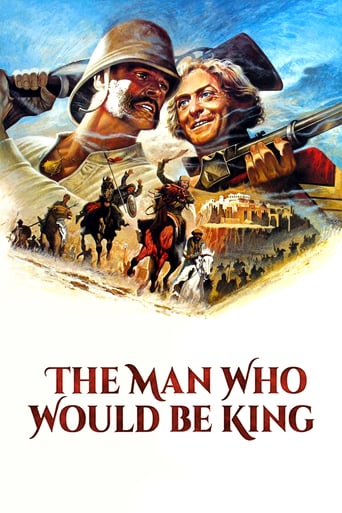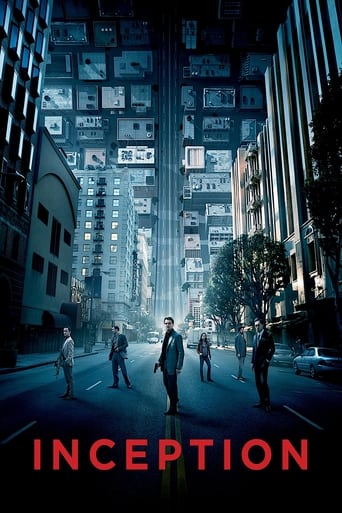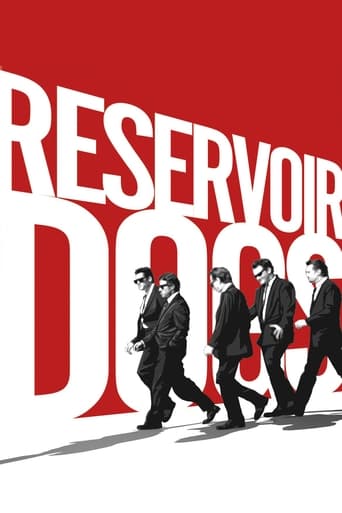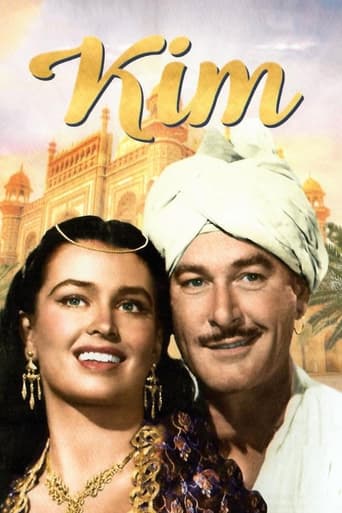


Kim
During the British Raj, the orphan of a British soldier poses as a Hindu and is torn between his loyalty to a Buddhist mystic and aiding the English secret service.
-
- Cast:
- Errol Flynn , Dean Stockwell , Paul Lukas , Robert Douglas , Thomas Gomez , Cecil Kellaway , Arnold Moss


Similar titles
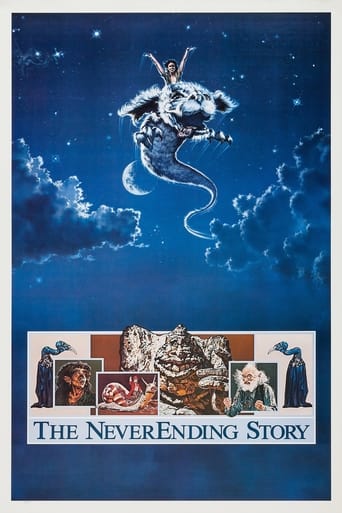
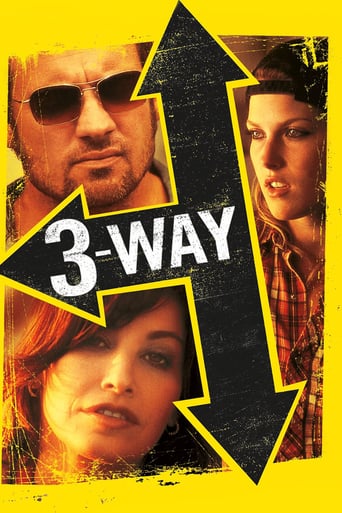
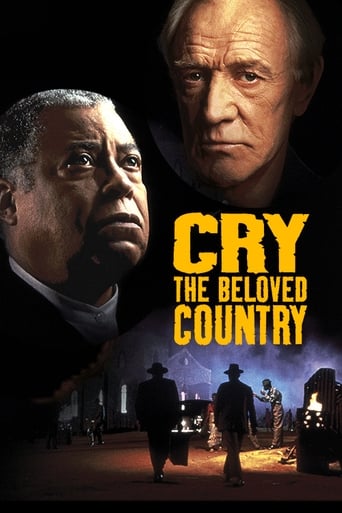
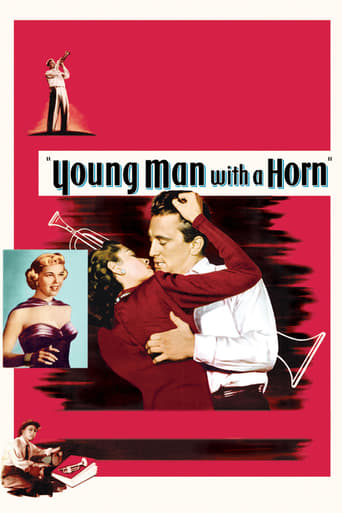
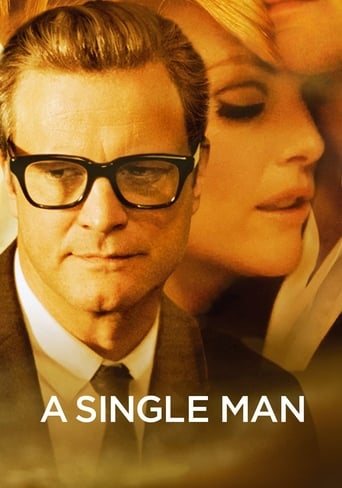
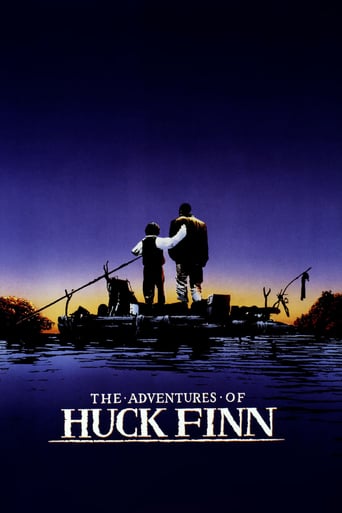
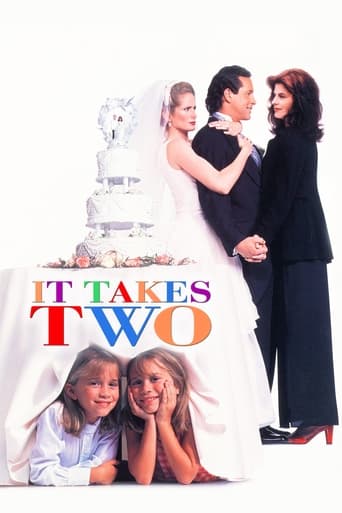
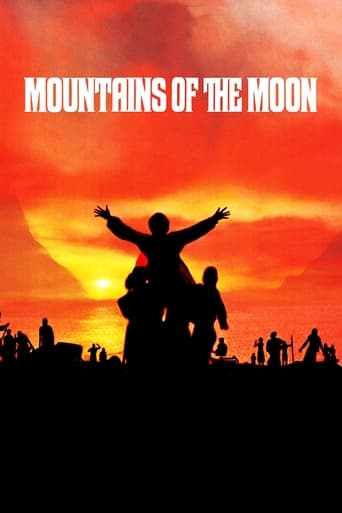
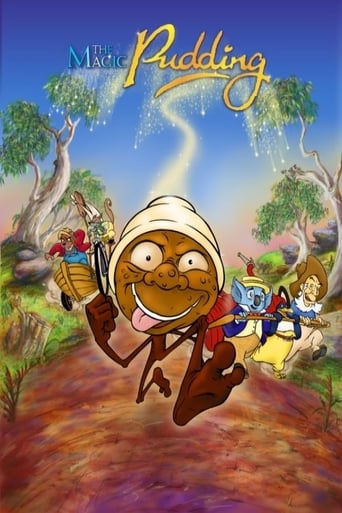
Reviews
You won't be disappointed!
A Masterpiece!
In truth, there is barely enough story here to make a film.
There are moments in this movie where the great movie it could've been peek out... They're fleeting, here, but they're worth savoring, and they happen often enough to make it worth your while.
MGM's Technicolor adaption of the Rudyard Kipling novel of the same name. The plot's about an orphaned boy named Kim (Dean Stockwell) in colonial India who aids the British in putting down a native rebellion instigated by Russia. It's a colorful and sometimes fun adventure flick with a good performance from Stockwell and fine work from Paul Lukas (looking almost unrecognizable without his mustache) as a Buddhist lama. Errol Flynn's better days were behind him and it's painfully apparent in every scene of his. He looks paunchy and tired throughout and that dyed orange hair and goatee does nothing to help. Still, there are these moments where you see some of that roguish charm and can't help but smile. The movie was filmed mostly on location in India, which helps by providing some lovely scenery. I didn't mind the parts filmed on set, though, as the production values here are of typically excellent quality you would expect from Metro. It goes on a little long and is never as exciting as you would hope but it is enjoyable, particularly for fans of Stockwell or Flynn completists.
The film is named after a young boy (Dean Stockwell) in India who is an orphan and who has learned to use his wits to survive. He also knows that his father was in the Colonial Army and because of that, the lad has an affinity for working with his British overlords. And so, the boy becomes a spy for the British Army and eventually does his part to continue the British subjugation of the Indians. Well, that's not QUITE how Rudyard Kipling and the filmmakers saw it, but in essence it's a film advocating colonialism. All the anti-colonialists are bad in the film and the occupying forces (the Brits and their Indian allies) are good."Kim" is a fun and enjoyable story even if it promoted an over-idealized view of the British in India. HOWEVER, it's also incredibly stupid. While I could see that the 'Indians' in the film were about as Indian as a cannoli, my uncle happened to be visiting and he was REALLY put off by the film. After all, he'd spent some time in India and said that the film was nothing but a long series of silly clichés--and was like a film made by someone who knew next to nothing about the country. And, with white folks painted up to look like Indians, it's even more profoundly silly. I think if they remade the film with an actual Indian cast (when appropriate), the film could really work. Imagine...Errol Flynn as a red-bearded Indian!!! And, the Hungarian actor, Paul Lukas, as an Indian lama!! Uggh!
During the first half of the twentieth century, many Americans loudly proclaimed their opposition to European colonialism, rather hypocritically given that the United States would not have existed without the colonisation by Europeans of the North American continent; all that happened in 1776 was that control of that process passed from the mother country to the settlers themselves. The American cinema, however, often took a sympathetic view of the European colonial empires, particularly the British one. " Kim" is a good example; although it was made in 1950, three years after Indian independence, it nevertheless reflects the nineteenth-century British view that the Raj was a Jolly Good Thing.The film has been described as a "Boy's Own" adventure story. ("The Boy's Own Paper" was a British boys comic noted for its adventure stories, often with a distinct patriotic bias). It is set in British-ruled India during the 1880s. The title character is Kim O'Hara, the orphaned son of a British soldier, who becomes involved with the British intelligence service as they try to frustrate the attempts of Russian agents to foment rebellion amongst the frontier tribes. (No doubt in the early days of the Cold War American audiences would have been receptive to any story featuring Russian villains, even if the action took place during Tsarist times). In the course of his adventures Kim befriends Mahbub Ali, a Lahore horse trader, and a Tibetan lama whose disciple he becomes.Visually, the film is attractive; no expense seems to have been spared, as much of the action was shot on location in India. (Many films of this period got no closer to the country where they are ostensibly set than a Hollywood backlot). It does, however suffer from two major flaws. The first is miscasting. Young Dean Stockwell as Kim plays his part well enough, if one can overlook his American accent, but receives little support from the other leads, especially Errol Flynn as Mahbub Ali.By the early fifties Flynn's career was in decline. He had suffered from various health problems, including alcoholism, and no longer possessed the charisma and athleticism which had first made him a big star in the late thirties and early forties. He was, however, still regarded as a big name, and was presumably cast in this film on that basis, but makes little effort. This must be one of his laziest performances; he didn't even telephone it in but posted it by second-class mail. To make matters worse, he is totally unconvincing as an Indian, and receives no help from the makeup department in this regard. Mahbub seems so European that I kept expecting him to be unmasked as an Englishman in disguise, something which never happens. Although it transpires that Mahbub is working for British Intelligence, we are supposed to accept that he is a genuine native of Lahore.The film's second major flaw is that it never manages to integrate its religious themes with the main story. I have never read Kipling's novel, so cannot say if his mixture of mysticism and adventure works well on the printed page, but it certainly does not succeed on the cinema screen. The scenes with the lama seem like a distraction from the main action. It doesn't help matters that the Hungarian-born actor Paul Lukas is no more redolent of the mysterious East than is Errol Flynn. His lama dresses like a Catholic cardinal and in his bearing recalls a mild-mannered Anglican clergyman. Overall, "Kim" is one of those fifties adventure films which have not aged well and which retain little interest today. 5/10
I have always felt that among the child actors who managed to maintain their careers into adulthood, Dean Stockwell has been one of the best. He certainly is able to handle any role - he was the more sympathetic one of the two child killers in COMPULSION, and he played the amorous crime boss in MARRIED TO THE MOB. He even was Howard Hughes in TUCKER. His early films showed great promise too. Besides the one I am about to review, notice THE GREEN YEARS and THE BOY WITH GREEN HAIR and THE SECRET GARDEN. KIM gave Stockwell more than just a chance to play the central figure in a film. He was playing in a colorful background (India in the days of the British Raj in the 19th Century). He was sharing the central stage with one of the great film stars of the 1930s and 1940s (Errol Flynn). And he had a chance to play in a movie based on a classic story - Kipling's best remembered novel.Kimball O'Hara is half Anglo-Irish and half Indian. His father has been dead many years, so he lives with his mother's people on the streets of Calcutta. It is about 1885, and while the British are running India, memories of the atrocities of the Indians against the British (remember Cawnpore - see the review of Flynn's THE CHARGE OF THE LIGHT BRIGADE), and memories of British retaliation against the Indians (such as tying Indian rebels to cannon mouths and blowing them apart) have poisoned the relationship quite deeply. Moreover, the Russians are active in the subcontinent supporting rebellion and dissent. He finds a pair of substitute father figures. One is the Hindu holy man, the Lama (Paul Lukas) who is seeking a final pilgrimage in his life to a holy site. When Kimball is identified as the son of a former army officer, Colonel Creighton (Robert Douglas) takes him off the streets, and puts him into a school. His learning is difficult (there is an amusing sequence where we see Kim cheating all the time, not realizing his pragmatic approach to learning is not what is expected of him). Eventually Creighton puts him in the hand of the spy-master Mahbub Ali (Flynn), who becomes the second substitute father while training him in intelligence gathering. The novel goes into great detail about this - called by Kipling (and ever since) "the great game". Kim is trained to react to stimuli as though he has a photographic memory: he can look at a bunch of seeds or jewels once and rattle off how many of each there are.But although he is patriotic, and follows the orders given from Creighton to Mahbub Ali, Kim remains deeply faithful to the Lama. Mahbub Ali sees this as an unexpected advantage: Kim can go undercover accompanying the Lama on that pilgrimage which goes towards the Russian Indian border (near present day Packistan and Afghanistan). So the novel (and the film follow Kim and the Lama on the pilgrimage - and show all the color and diversity of that remarkable subcontinent. It does not fail to continue the espionage, with Kim learning what is going on with the Russian agents (and relaying the information to Mahbub Ali, who is following from a distance as a back-up). But the crisis in the story is which of the two distinct missions of the two distinct father figures will get the upper hand in Kim's mind. And how will he balance them out?I won't go into the final details - the audience will not be disappointed by the resolution. The end result is that we do see a young, happy, care-free little boy turn into a thoughtful teenager preparing for manhood. Stockwell's performance was a very good one, abetted by Lukas as a simple and good man, and Flynn as a craftier one, but one who does keep a close eye on his apprentice "son". And the canvas of India won't disappoint at all. Definitely a film to watch.

